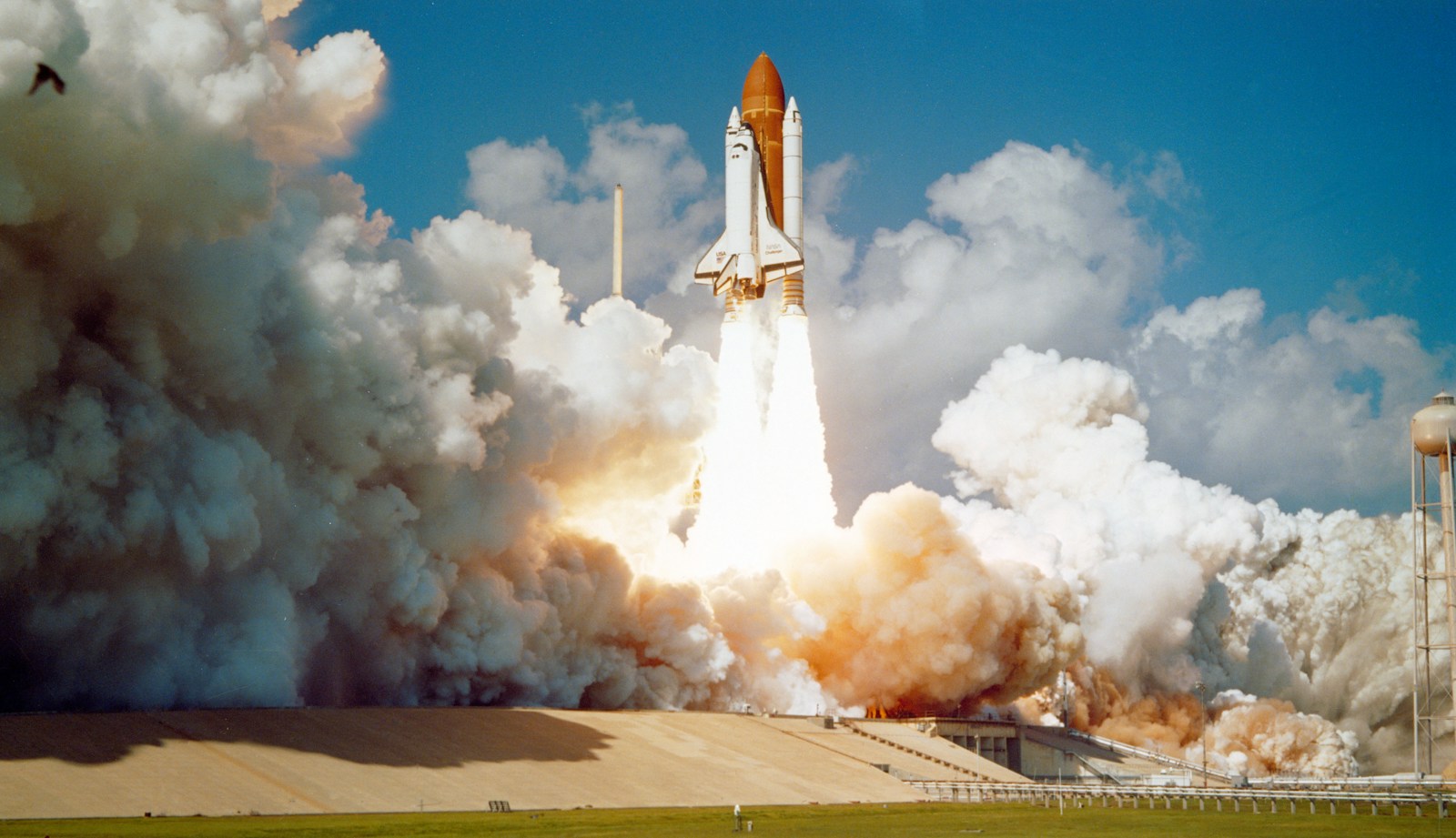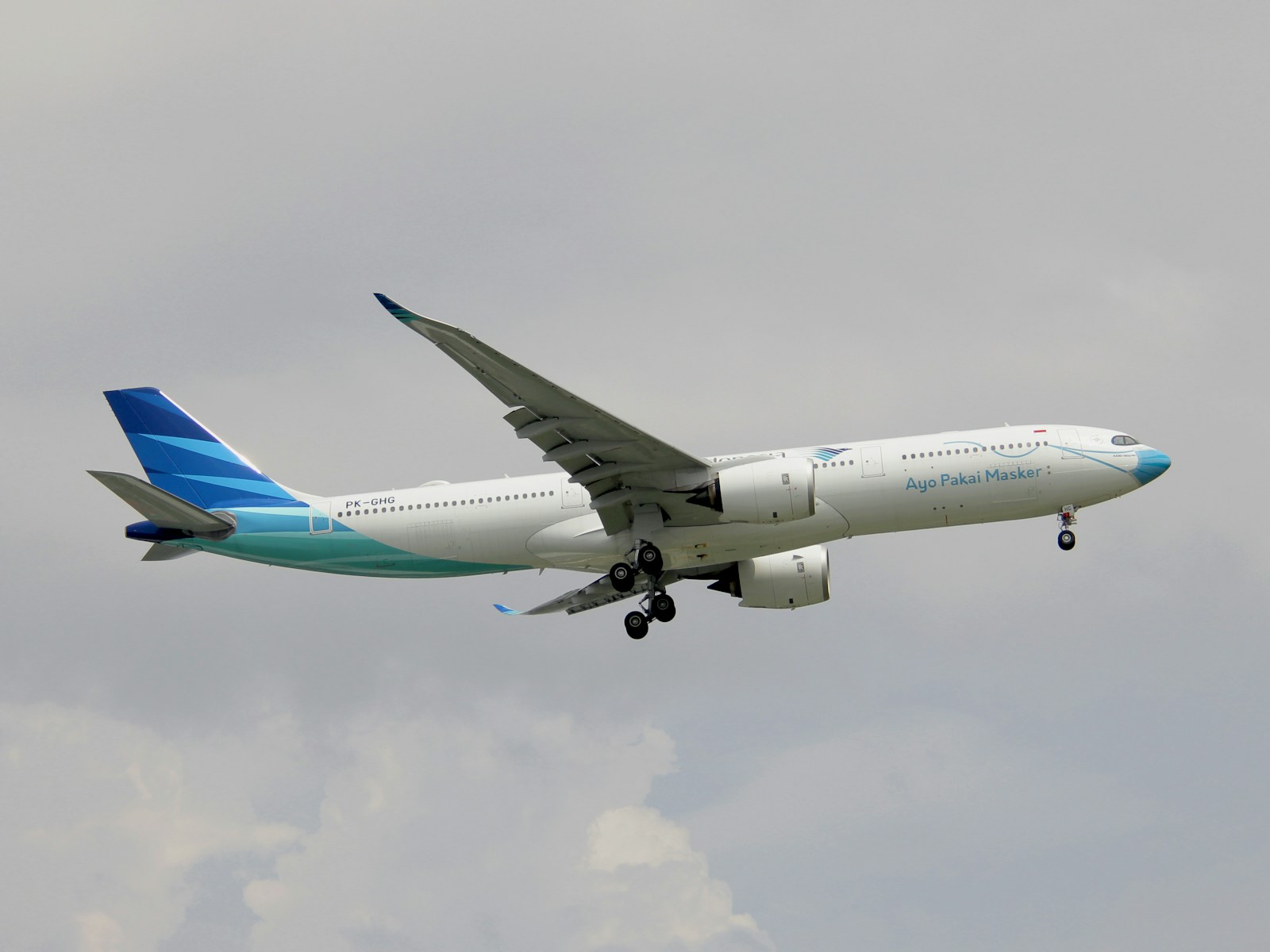Imagine hurtling through the cosmos, Earth shrinking below like a blue marble, feeling the weightlessness of stardust tickling your toes. Space travel, once a sci-fi fantasy, is becoming increasingly accessible, thanks to companies like SpaceX. But as the rockets roar and billionaires blast off, a vital question hangs heavy in the thermosphere: how much space travel is too much?
Table of Contents
ToggleThe Allure of the Final Frontier:
Let’s not deny the awe-inspiring allure of space. It’s the primal human urge to explore, to push boundaries, to discover the unknown. Gazing at the star-studded tapestry above ignites a fire within us, whispering tales of cosmic adventures and whispering secrets of our universe’s origin. And now, for a hefty price tag, that whispered invitation becomes a tangible reality.
But is the Cost Cosmic or Earthly?
However, the glitter of space tourism casts a long shadow. Every rocket launch spews a colossal carbon footprint, polluting our already fragile atmosphere. SpaceX’s Falcon 9, for instance, burns fossil fuels that contribute to climate change, the very threat that’s pushing us to seek alternative planets in the first place. Is it a cruel cosmic irony that our escape hatch from Earth’s environmental woes may be accelerating its demise?
Beyond Carbon Footprints: Ethics in Zero Gravity:
The environmental impact isn’t the only ethical elephant in the space elevator. Space tourism isn’t about sending biologists and geologists to study Martian rocks; it’s about wealthy thrill-seekers ticking a box on their bucket lists. While scientific exploration on Earth often faces funding shortfalls, millions are poured into joyrides for the privileged few. Is this a fair distribution of resources in a world grappling with poverty, malnutrition, and disease?
A Question of Priorities:
Perhaps the most critical question isn’t “how much” space travel is too much, but “what” space travel is for. If the goal is to quench our cosmic thirst for knowledge, to unlock the secrets of the universe, then every launch carries the weight of scientific progress. But if it’s a playground for the elite, a playground built on the back of a burning planet, then we need to recalibrate our priorities.
Charting a Sustainable Course:
The answer to this ethical quandary isn’t to slam the brakes on space exploration entirely. It’s about charting a sustainable course, one that prioritizes scientific endeavors, minimizes environmental impact, and ensures equitable access to space’s boundless potential. Imagine reusable rockets, powered by clean energy sources, carrying diverse teams of researchers and dreamers, not just billionaires with insatiable wanderlust.
A Shared Journey, Not a Private Playground:
Ultimately, space should be a shared journey, not a private playground. The cosmos whispers to us all, not just those with platinum credit cards. Let’s ensure space exploration becomes a force for good, a beacon of scientific advancement, a symbol of our collective thirst for knowledge and understanding. Let’s explore the universe responsibly, ethically, and sustainably, because the stars above belong to all of us, not just the lucky few with rockets.
FAQs:
- Isn’t space exploration always good for scientific progress? While space exploration has led to countless breakthroughs, not all space tourism initiatives contribute directly to scientific advancement. Focusing on research-driven missions can maximize the scientific benefit of our journey into the cosmos.
- Can’t both space tourism and sustainable exploration coexist? Absolutely! Investing in cleaner technology, reusable rockets, and diverse space crews can pave the way for a more sustainable and equitable future of space travel.
- How can we ensure space exploration benefits everyone? Supporting initiatives that democratize access to space education, fostering international collaboration in space research, and prioritizing missions with tangible benefits for Earth can make space exploration a truly global endeavor.
- What can I do to be part of the solution? Stay informed about the ethical challenges of space exploration, support organizations advocating for sustainable practices, and encourage responsible development of the space industry.
- Will we ever truly reach “too much” space travel? Perhaps not in terms of numbers, but in terms of values. If we prioritize profit over progress, exclusivity over inclusivity, and environmental disregard over responsible stewardship, then we’ll have reached the wrong kind of infinity.
Let’s not lose sight of the awe-inspiring wonder of space exploration. But let’s also ensure that our journey to the stars doesn’t leave Earth behind in a cloud of smoke and inequality. Remember, the answer to “how much space travel is too much” isn’t a number; it’s a reflection of our values, our priorities, and our collective responsibility for the planet we call home.







